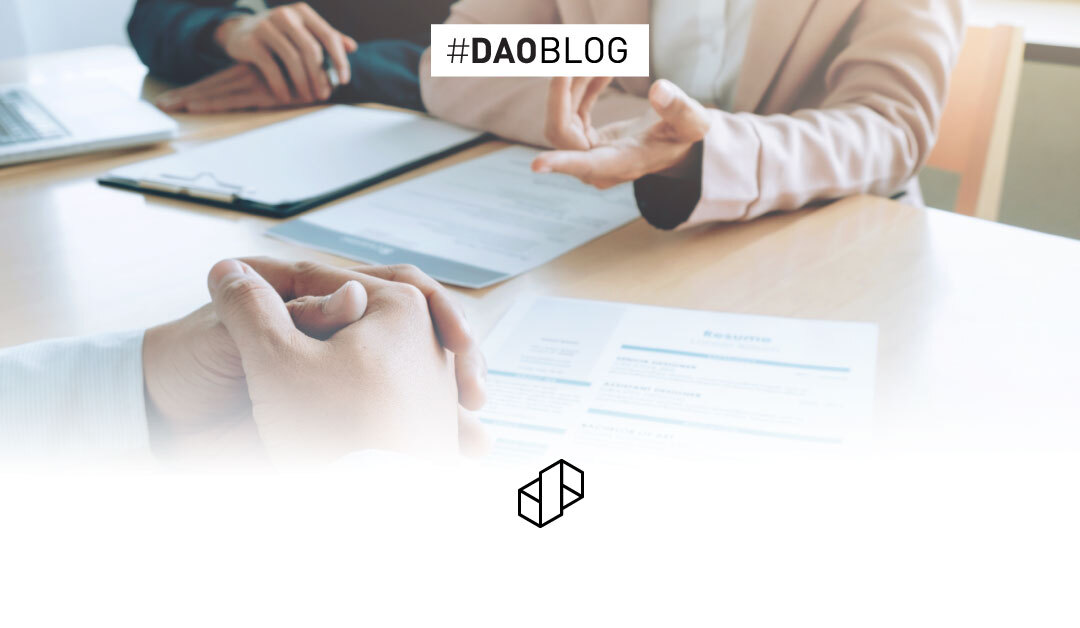So you got a call for your first ever job interview. Congratulations! This is the first step in your professional life that can define your career trajectory. So, how do you prepare for your first interview? How can you make sure you don’t fumble and ace your interview?
The truth is even the most qualified candidates stumble in their first interviews. Why? Because qualifications are an inherent part of your education, interview skills are not.
This is the first time you’ll be meeting people, so it’s important to prepare yourself well. You must prepare your answers, be professional, and be prepared to answer questions with a straight face. You must also be able to convey your enthusiasm, which is a big part of the interview.
Good companies seek graduates who are not just qualified but also motivated, perceptive, and well-composed. Aside from technical expertise, they value other important skills such as communication, strategic thinking, and presentation, all of which are analyzed in the first official meeting. Recently, companies, especially in Pakistan have started gauging potential employees from a “culture-fit” perspective, which also looks at your people skills.
A well-rounded outlook can capture your interviewers’ attention, giving them all the good reasons to trust you, be comfortable in conversation, and listen to your propositions.
This article will guide you through the tips and tricks on not just making a great first impression but also a lasting one.
Research the company:
This is actually the most important step, and often ignored by first-time interviewees. This is also where your googling skills come in handy. Research the company, go through the website, know what they do, why they do it, and the team behind it. If you’re unsure about the company, look for them on professional networks like LinkedIn and Glassdoor.
Once you’ve done that, prepare a list of your own personal achievements, expertise, and areas of interests that overlap with the company’s and the role you’re interviewing for. This increases your relevance for the position, and leaves a good impression on the interviewer.
Oversharing might not be a good idea
It is important to keep a safe interpersonal space, so you neither over introduce nor invite the interviewer to ask personal questions. Strike a balance between social and professional perspectives.
Ideally, your level of familiarity should be proportional to the interviewer’s demeanor. It gives you an edge and keeps the interviewer curious to learn more about you.
So, what’s a team player?
Instead of saying you’re a “team player” (a term that’s so overused, we are growing weary of it), let your choice of words and welcoming attitude show that you can work together with different groups of people.
Stay friendly and energetic when entering the vicinity and display professionalism when interacting with company employees. Interviewers take note of this even when you aren’t aware, so make sure to send a killer impression before the interview begins
Gift of the gab versus ramblin
Overtalking is considered a negative trait that creates a poor impression about your job approach.
At the same time, it makes you susceptible to accidentally slip irrelevant information that was better left unsaid.Speaking incessantly may also compel the interviewer to lose interest. Interviewers are human, after all, and their attention span eventually wanes when you talk at length.
In order to avoid this, make sure you refrain from giving irrelevant information and do some research on the job posting. Use your time to read through the requirements, company blogs, and other essential details to equip yourself with purposeful information
A handful of relevant terms can trump a thousand hollow words. Using appropriate language plays a crucial part in establishing a positive impression in front of the interviewer.
The right vocabulary will demonstrate your passion for the position and convey the dedication that you took the time to prepare for the interview
Avoid sensitive topics
Make sure you always take an inclusive approach. The last thing any company wants is divisiveness in the work culture. Avoid indulging in topics related to race, religion, age, gender, or politics. A poor choice of words can raise red flags if not send you directly to the door
Look good, feel good
Choose a suitable attire. Whether you dress professionally, formally or casually, it really depends on the position you are seeking and the type of culture the company owns. The point is to be well-groomed, adequately fashionable, and decent in dressing.
A bit of research through social platforms can give great insights into the dress code the company promotes.
Non-verbal communication is more important than you think
It’s okay to get nervous, just don’t let your nerves take over. Be confident in yourself and your approach. If you have all the necessary information about the company and your role, it can boost your confidence. Good body language helps in building a stellar impression and makes up for the shortfalls in verbal communication.
Your non-verbal queues can play a much bigger role here. Knock the door before you enter. Greet the interviewer, thank them after it’s over, be half an hour early instead of getting 5 minutes late.
Listen more
Active listening is a skill that hugely works in your favour during interviews. It enables candidates to build a rapport with the interviewing authority and give detailed responses instead of canned answers.
A useful tip is to observe the interviewer first and then match their pace and style, so your energy is relative and coordinated. Keep in mind that the best answers come from your ability to listen patiently. We recommend applying the Situation, Action Taken, and Results achieved (SAR) model to know how and what you respond to.
Aside from words, pay close attention to the tone of voice, facial expressions and body language. This will help you interpret what is expected from you.
Final Take
Investing time and energy in preparation enables you to put your best foot forward and bring an appealing vibe to the interviewer.
When you are well-composed and disciplined, you will be able to perform in a confident mood, improvise situations, and tackle questions in a creative manner.
Again, read up on the company’s business profile, its place in the market, its competition, and some basic background. If you have friends or family working in similar fields, don’t hesitate to get insights into how their first interviews went. These ice-breaking sessions can be highly edifying, giving you an arsenal of tips to build self-confidence and maintain composure in challenging moments.
Take comfort from the fact that you are selected after recruiters sifted through countless applications and rooted for you as a viable candidate. That means they are already impressed with what you have to offer.
On a final note, following up with an email or a call after the interview doesn’t hurt, and some might even appreciate it. Just be sure not to bombard the interviewer with follow-ups.
All the best!
To read more blogs, visit our blogs page here.

Mirza Irfan Baig
Senior Content Writer


 Book a Meeting
Book a Meeting